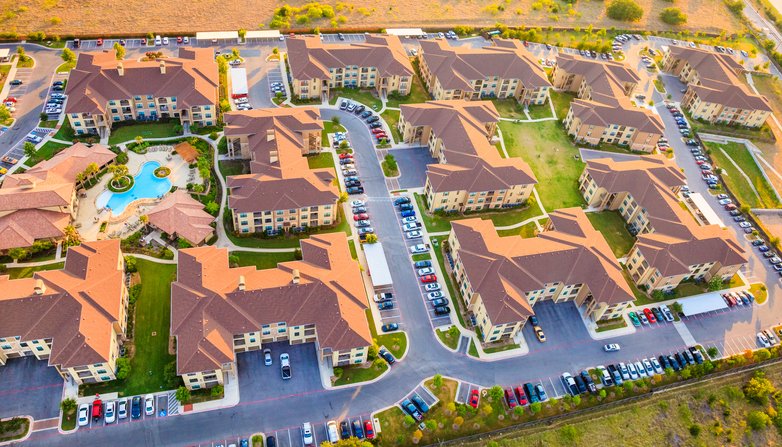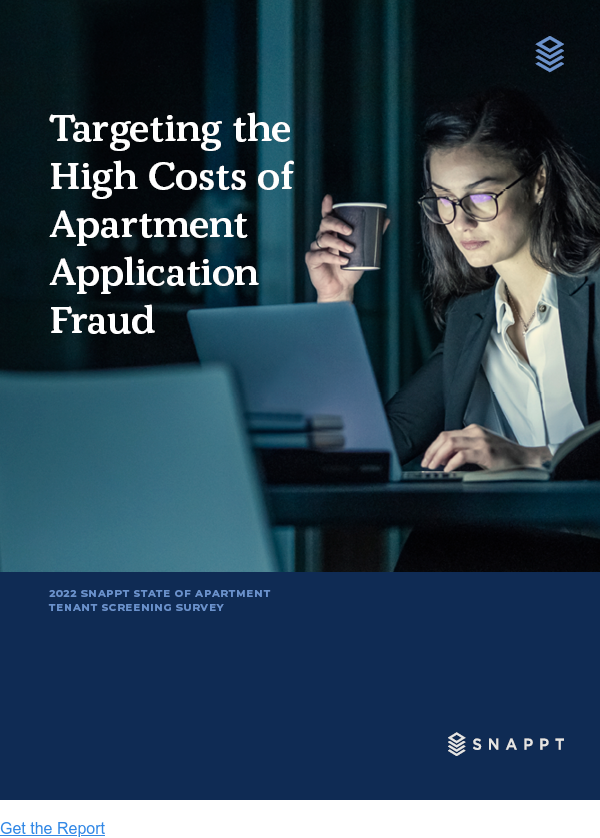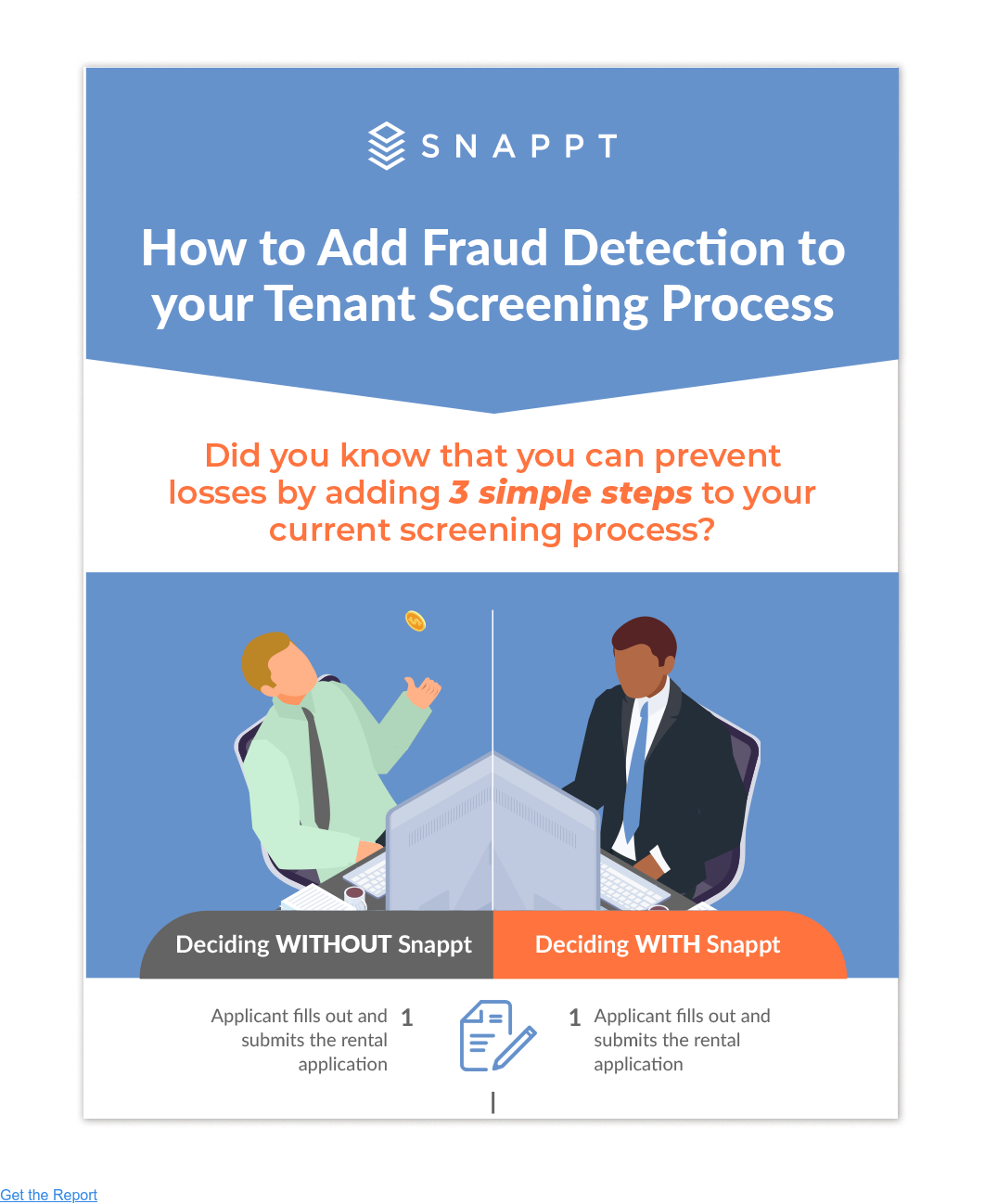In the face of mass unemployment, the expiration of the CARES Act, and the fact that 51% of Americans are financially impacted by COVID-19*, multifamily executives are increasingly concerned about potential residents’ attempts to sidestep rental obligations—and justifiably so.
Unprecedented financial pressures create massive opportunities for individuals to misrepresent information for personal financial gain, qualify for things they otherwise would not, or steal from taxpayers, businesses, and governments. The residential industry is just one that is has seen significant increases in instances of fraud. The problem of fraud runs deep across many markets.
The Department of Justice identifies increased cases of COVID-19 related fraud scams *
- Over the past year, the DoJ has charged 474 people with trying to swipe more than $569 million by using criminal fraud schemes connected to the coronavirus pandemic and seized at least $580 million in civil proceedings.
- The Criminal Division’s Fraud Section has charged at least 120 people in connection with the Paycheck Protection Program fraud, a taxpayer-subsidized loan program regulated by the Small Business Administration.
- A Texas man pleaded guilty to submitting 15 fake applications under various business names to obtain $24.8 million in loans. None of the businesses had employees or paid the wages he claimed they did.
“Be aware that criminals are attempting to exploit COVID-19 worldwide through a variety of scams,” warns the Department of Justice. The DOJ provides a growing list of COVID-specific schemes here.
Residential market fraud continues to rise
The Effects of COVID-19 on Residential Rentals, 2020 Survey Report conducted by ReRez Research shows that the typical property manager reports 15% of online rental applications exhibit fraudulent information, with another 10% of fraudulent applications slipping through the cracks.
In addition, 41% of property managers have responded that fraudulent rental applications are somewhat to extremely common and report an annual eviction rate of 12%. Another 34% report annual eviction rates of 20% or higher. Over the course of the pandemic, this rise in fraud has not only left an impact on the rental industry it has also placed multifamily executives on high alert for fraudsters.
“There are several factors that are fueling the increase in fraudulent rental applications,” said Daniel Berlind, CEO, and co-founder of Spirited, in a statement. “The increasing number of self-employed applicants, a move to online rental applications, and the increasing availability of tools to fraudulently alter financial documentation all make the problem more common.”
How can property managers reduce their risk from fraud?
It is imperative that management companies take the necessary precautions and protect their business against the economic impacts brought on by the current environment and the increased propensity for fraud that may not be easily evident today.
Property managers can easily integrate Spirited’s fraud detection engine into their current screening process. Spirited’s proprietary technology analyzes a wide range of properties looking for evidence of fraudulent alterations, ultimately certifying whether the financial documentation submitted within the tenant’s application is authentic or fraudulent.











